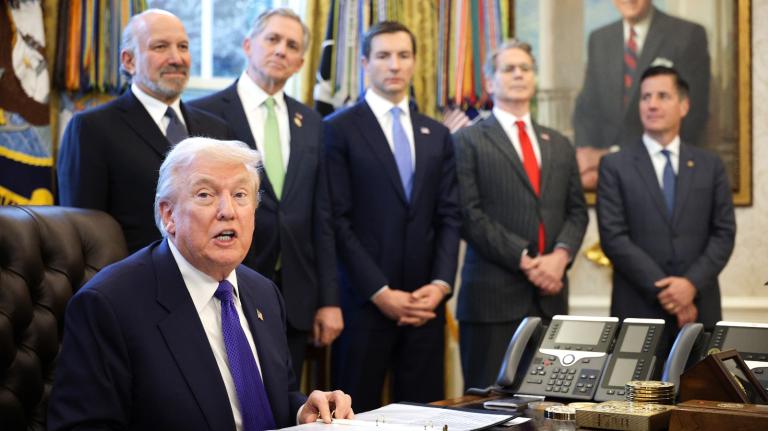Feebates are one of the most promising strategies for lowering vehicle fleet emissions. This week, the California Assembly will vote on the nation’s first feebate bill, the California Clean Car Discount Act. It would levy a fee of up to $2,500 on gas guzzlers, with commensurate rebates for fuel efficient cars. The L.A. Times has some good analysis.
Opposition to the bill comes from about where you’d expect — the Alliance of Automobile Manufacturers, the California Motor Car Dealers Assn., the United Auto Workers — but their arguments strike me as incredibly weak. An AAM rep says “feebates harm businesses and consumers who need a range of vehicles.” How can that possibly be? Charges to the fuel-intensive end of the range are offset by rebates to the fuel-efficient end. So insofar as there’s a “range,” the effect is neutral, right?
A CMCDA rep says people may buy more fuel-efficient vehicles, and “those are smaller, less expensive cars. We’re talking about a hit to local and state government in the millions of dollars.” Really? The incremental loss in sales tax won’t be offset by the decreased pollution, decreased spending on gasoline, or even increased auto sales? (After all, if you make an inexpensive car $2,500 cheaper, that many more people will be able to buy one.)
If that’s the best opponents can do, they’re in trouble. See this study for more on the positive impacts of feebates (particularly combined with Cali’s currently thwarted Pavley law).
Worth noting: the bill’s author is a Republican, and Schwarzenegger hasn’t yet taken a position on the bill. If you live in Cali, you know what to do. Time to make some phone calls.


